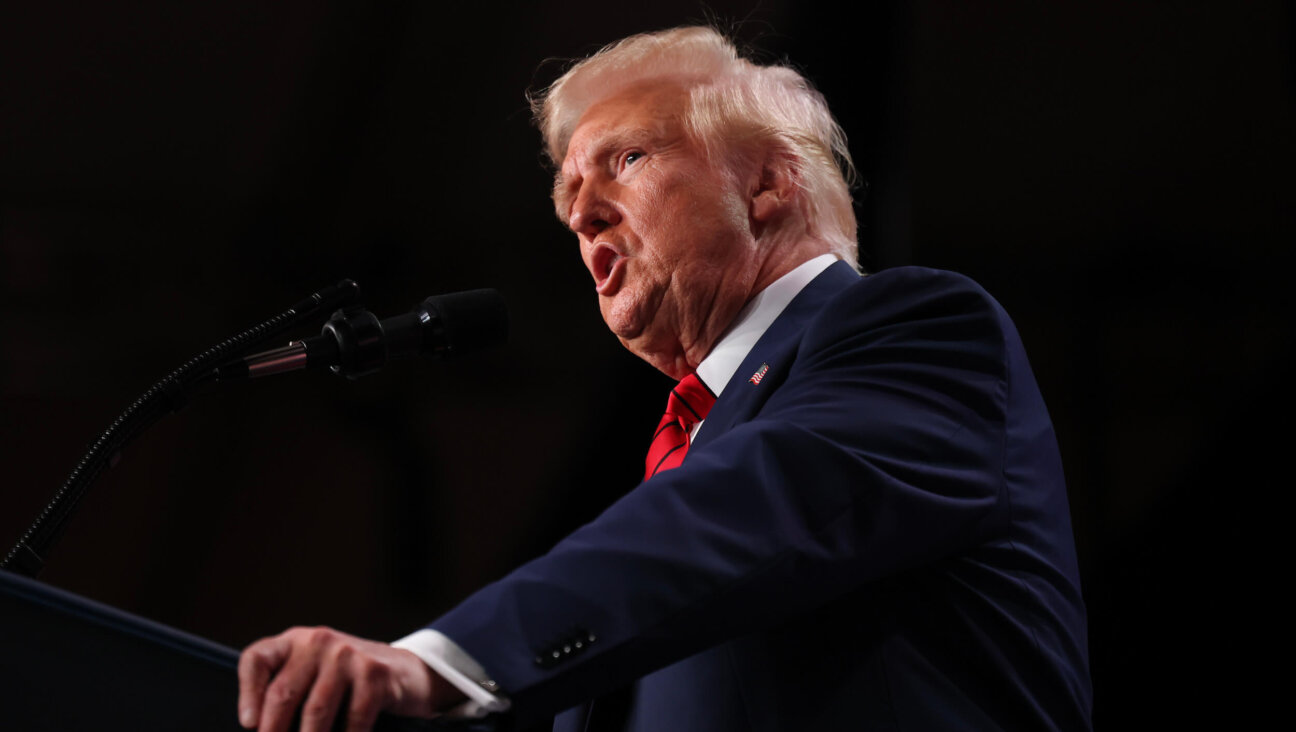The Global Crash
The forces are gathering for the first truly globalized depression. True, the Great Depression of the 1930s was not confined to the United States. But there were large chunks of the world — typically underdeveloped agricultural societies — that escaped the full brunt.
The coming crisis is not likely to spare any nation. It will be global because its very roots are in the globalization of the world economy. Here’s why and how. In a market economy — call it capitalism if you like — there must be a balance between the power to produce and the power to consume. When the balance is upset, the economy is hit by “overproduction” or “underconsumption,” two sides of the same coin.
Globalization has cut deeply into world consumption, while advances in technology continue to expand production. A quick look at automaking tells the story: An American autoworker was earning, including fringe benefits, about $50,000 a year at last count; his counterpart in China or India earns about $5,000 a year.
The optimist will urge patience. In due time, the earnings of autoworkers in developing countries will rise.
But a bit of modern history suggests that things don’t necessarily end that happily. Japan was one of the first countries to outsource production, shipping work to nearby Taiwan. Wages did begin to rise in Taipei. Japanese companies then moved production to coastal China from Taiwan. As wages rose, the work was moved to interior China. The latest news is that Japanese producers are eyeing Africa. Learned folk have been tracking this “race to the bottom” for years.
Can anything be done to head off this coming crisis? Well, yes. America, the European Union and Japan could work together to force the merger of two United Nations agencies — the World Trade Organization and the International Labor Organization. It would then be possible to establish uniform codes of wages, labor rights, child labor and slave labor. The WTO could enforce those rights through its power to impose sanctions on nations violating the code. But don’t hold your breath.
A message from our Publisher & CEO Rachel Fishman Feddersen

I hope you appreciated this article. Before you go, I’d like to ask you to please support the Forward’s award-winning, nonprofit journalism so that we can be prepared for whatever news 2025 brings.
At a time when other newsrooms are closing or cutting back, the Forward has removed its paywall and invested additional resources to report on the ground from Israel and around the U.S. on the impact of the war, rising antisemitism and polarized discourse.
Readers like you make it all possible. Support our work by becoming a Forward Member and connect with our journalism and your community.
— Rachel Fishman Feddersen, Publisher and CEO






















